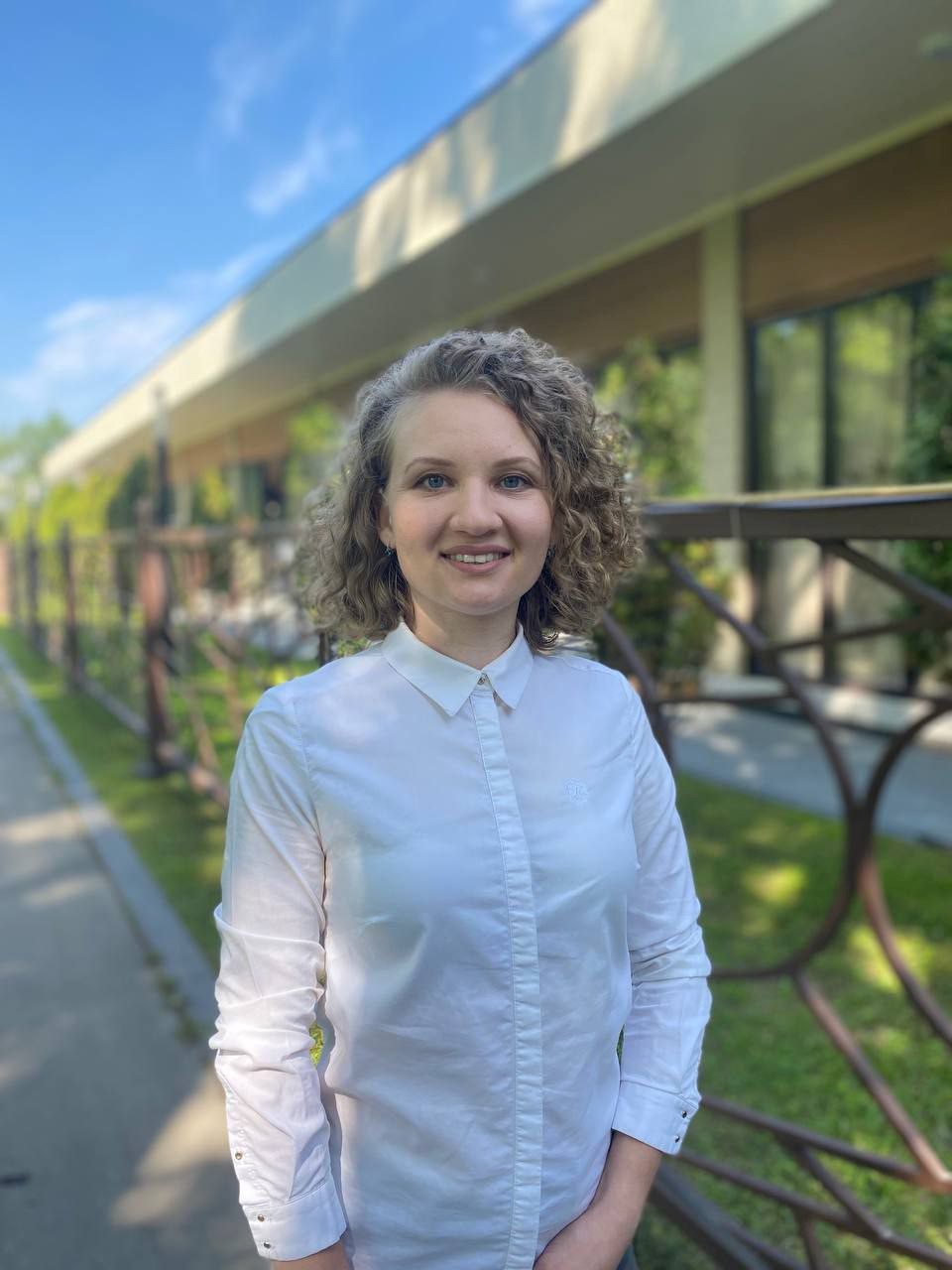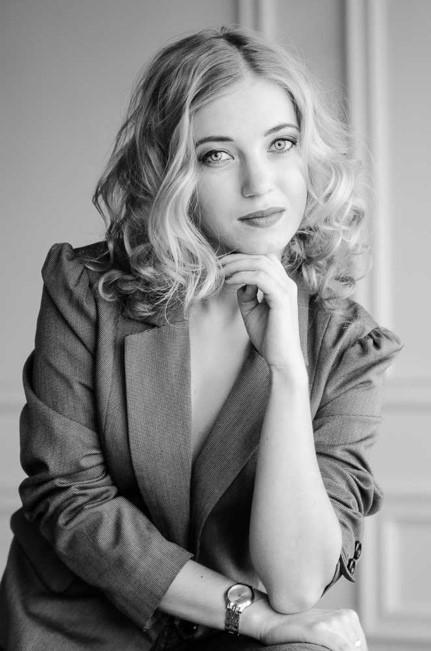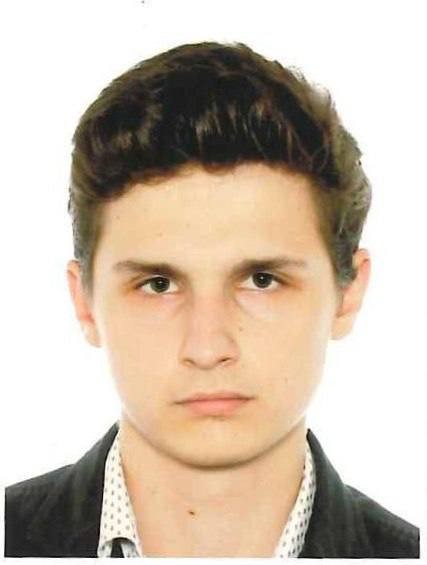DOIÂ 10.51955/2312-1327_2023_4_187
Zulfiya A. Aksyutina
Abstract. The article provides a scientific substantiation of the categorical system of social upbringing based on the structural and functional model developed by the author. The scientific substantiation assumed the designation of the place and function of the model representation in the structure of the scientific substantiation. When conducting research, the author, following V. V. Kraevsky, understood the methodology of pedagogy as âa system of knowledge about the foundations and structure of pedagogical theory, about the principles of approach and methods of obtaining knowledge that reflect pedagogical realityâ. Modeling, theoretical analysis and categorical synthesis were used as the main methods. Modeling was used to develop a structural and functional model of the scientific substantiation of the categorical system of social upbringing. The starting point of the model is pedagogical reality, the practical activity of social education in the broad sense as a special sphere of social activity, as part of social reality. They found a description by highlighting the components for theoretical analysis: the field of cognitive description, the normative sphere and the practice of social upbringing. Categorical synthesis was carried out using the pedagogical categories of social upbringing. For further scientific substantiation of the categorical system of social education, a promising direction for the search for mechanisms for the transition from theory to practice, from research to design, from judgments to norms is highlighted.
Key words:Â social upbringing, categorical system of social upbringing, scientific substantiation, pedagogical category, pedagogical concept, structural-functional model, field of cognitive description, normative sphere, practice of social upbringing.
Download article in PDF 594.7 kB
 E–mail:Â a.kop33@mail.ru
E–mail:Â a.kop33@mail.ru


